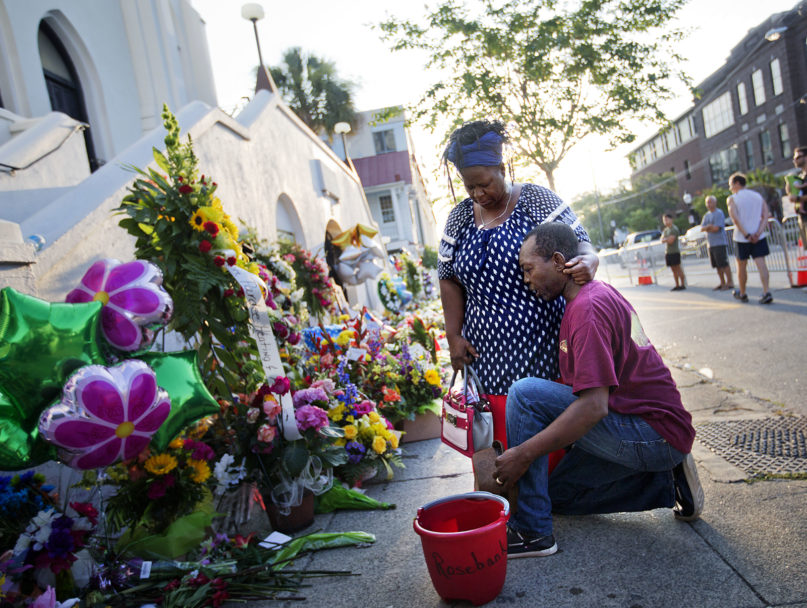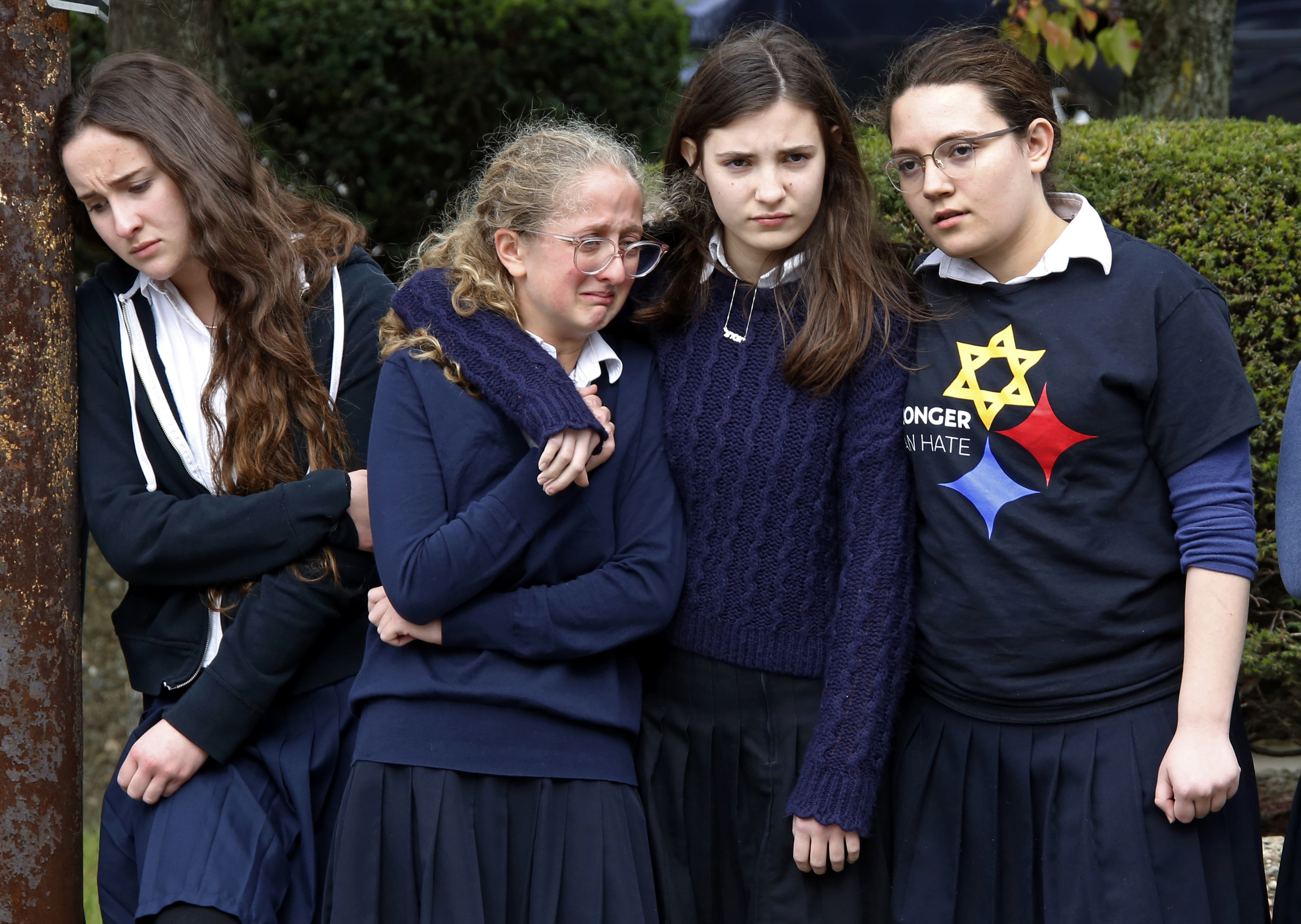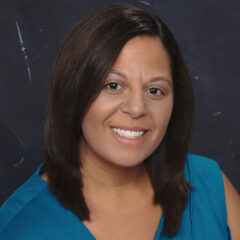From Christchurch to Emanuel AME, we must recognize the patterns of white supremacy
Recent reports suggest the attacks on houses of worship are not rare and the perpetrators are seldom acting alone.

(RNS) — Four years ago, on March 15, 2019, a white supremacist opened fire on two mosques in Christchurch, New Zealand, leaving 51 dead and 40 others injured. While this was shocking in terms of the number of deaths and injuries, such attacks have become alarmingly common.
In the past 10 years alone, North America has seen white supremacists carry out mass shootings at multiple religious sites, including: the Overland Park Jewish Community Center and Village Shalom Retirement Center in Kansas (April 2014); the Emanuel AME Church in Charleston, South Carolina (June 2015); the Islamic Cultural Centre of Quebec City, Canada (January 2017); the Tree of Life Synagogue in Pittsburgh, Pennsylvania (October 2018); and the Chabad of Poway synagogue in California (April 2019).
Reporters and government officials often refer to these shooters as “lone wolves” and their crimes as “one offs.” They study the background of these individuals to attempt to determine what led them to carry out such horrific and supposedly unusual crimes. However, a recent report published by the International Commission to Combat Religious Racism (ICCRR) suggests these attacks are not rare, and the perpetrators are seldom acting alone.
The ICCRR report examines racially motivated attacks on places of worship and religious community centers in the United States and Canada. In total, the report includes attacks on 58 places, which, in addition to the previously mentioned shootings, include acts of vandalism, arson, stabbings and bombings as well as plots or attempts to carry out these same kinds of attacks. Nearly all the perpetrators of these attacks were white males, and many of them openly declared their intent to protect the white race or to “defend” their country against non-white, non-Christian “invaders.” Many were also self-proclaimed Neo-Nazis and/or they used Nazi symbolism (i.e. swastikas, images of Adolf Hitler and coded phrases meaning “Heil Hitler”) in their attacks.
Perhaps the most concerning finding in this study is the data on how many perpetrators were part of a larger conspiracy. The ICCRR reports that nearly 1 in 5 cases involved multiple perpetrators.
In nearly half of cases, the “perpetrators were part of, encouraged by, or trying to gain admission to a larger group of extremists who believe in racial supremacy. In many cases, these were well-known groups such as the Ku Klux Klan or the Aryan Brotherhood. In a few instances, the perpetrators organized their own groups for the purpose of training, obtaining weapons, and carrying out attacks.”
Additionally, in more than half of the cases, the perpetrators attacked or planned to attack more than one site. In total, nearly two-thirds of the cases involved a series of attacks, multiple perpetrators and/or affiliation with an extremist group.

Students from the Yeshiva School in the Squirrel Hill neighborhood of Pittsburgh pay their respects as the funeral procession for Dr. Jerry Rabinowitz passes their school en route to Homewood Cemetery following a funeral service at the Jewish Community Center, Tuesday Oct. 30, 2018. Rabinowitz was one of 11 people killed while worshipping at the Tree of Life Synagogue on Saturday, Oct. 27, 2018. (AP Photo/Gene J. Puskar)
The findings of a survey conducted jointly by the PRRI and the Brookings Institution, released on Feb. 8, 2023, adds another dimension to our understanding of the ICCRR report. The survey explores support for “Christian nationalism” in the United States. PRRI President and founder Robert P. Jones, Ph.D., defines “Christian nationalism” as belief in “the idea that America is destined to be a promised land for European Christians.”
According to this definition, it found that 10% of Americans could be classified as adherents of Christian nationalism and that nearly 20% are sympathizers. Of white evangelical Protestants, it found that almost two-thirds are either adherents (29%) or sympathizers (35%). These Christian nationalists overwhelmingly agreed with arguments that are fueling racially motivated attacks on places of worship. For instance, more than 70% believe immigrants are “invading our country and replacing our cultural and ethnic background,” and more than two-thirds believe people from some majority-Muslim countries should be prevented from entering the United States.
The survey found that the majority of adherents of Christian nationalism disagree that white supremacy is a major problem in the United States. Perhaps most concerningly, approximately 17% of all respondents agreed with the statement, “the United States is a white Christian nation, and I am willing to fight to keep it that way.”
Read together, the ICCRR report and the PRRI and Brookings Institution survey suggest there is a very serious but overlooked threat terrorizing religious communities in North America. Self-proclaimed Neo-Nazis and white supremacists are carrying out violent attacks against religious communities.
Both these attacks and their perpetrators are more organized than official responses would lead us to believe. Nevertheless, not only do large segments of the population refuse to believe white supremacy is an issue in the United States today, many of them appear to share the beliefs of the perpetrators of these attacks.

Danielle N. Boaz. Courtesy photo
These reports should leave us all wondering, and worrying, about the future of our racially and religiously diverse nation.
(Danielle N. Boaz is associate professor of Africana studies at the University of North Carolina at Charlotte, where she teaches courses on human rights, social justice and the law. She is also a PRRI Public Fellow. The views expressed in this commentary do not necessarily reflect those of Religion News Service.)
No comments:
Post a Comment